
(Source) Congestion pricing has recently gained a massive amount of mainstream attention and heated public policy debate. As major cities worldwide struggle with increasing traffic, air pollution, and declining public transit efficiency, cities such as London, Stockholm, and Singapore have implemented congestion pricing with varying degrees of success. Recently, New York City became the
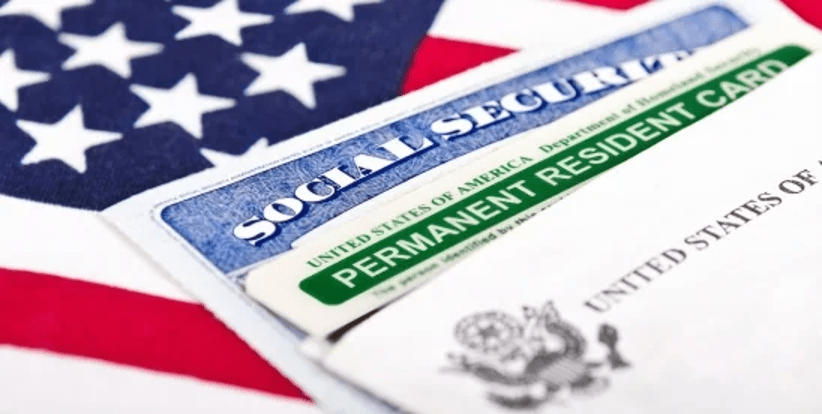
(Source) On January 20, 2025, President Trump issued an executive order titled “Protecting the Meaning and Value of American Citizenship.” Within this executive order, President Trump claims that the Fourteenth Amendment has never been interpreted in a way that would grant citizenship to everyone who is born within the United States. Instead, President Trump
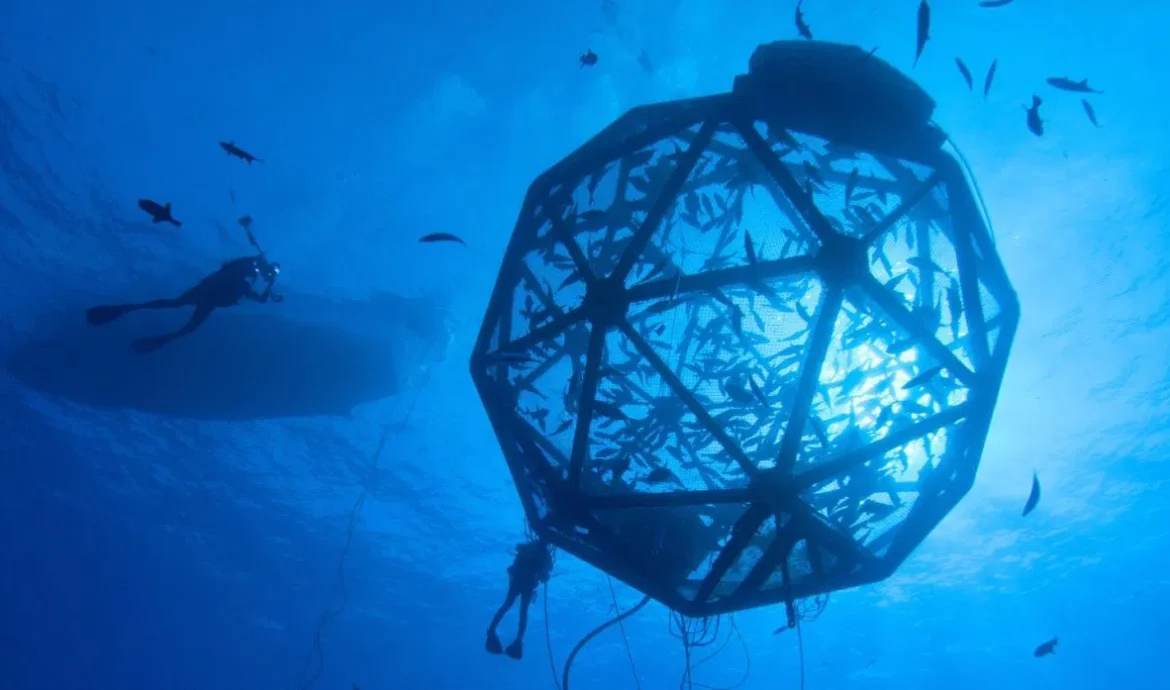
(Source) Today, more fish are farmed worldwide than are caught in the wild with demand only increasing year over year. Economic projections predict global seafood consumption to nearly double in the next quarter century. Future growth in aquaculture will lie offshore, with inshore aquaculture remaining largely stagnant. In contrast, American inshore aquaculture projects to
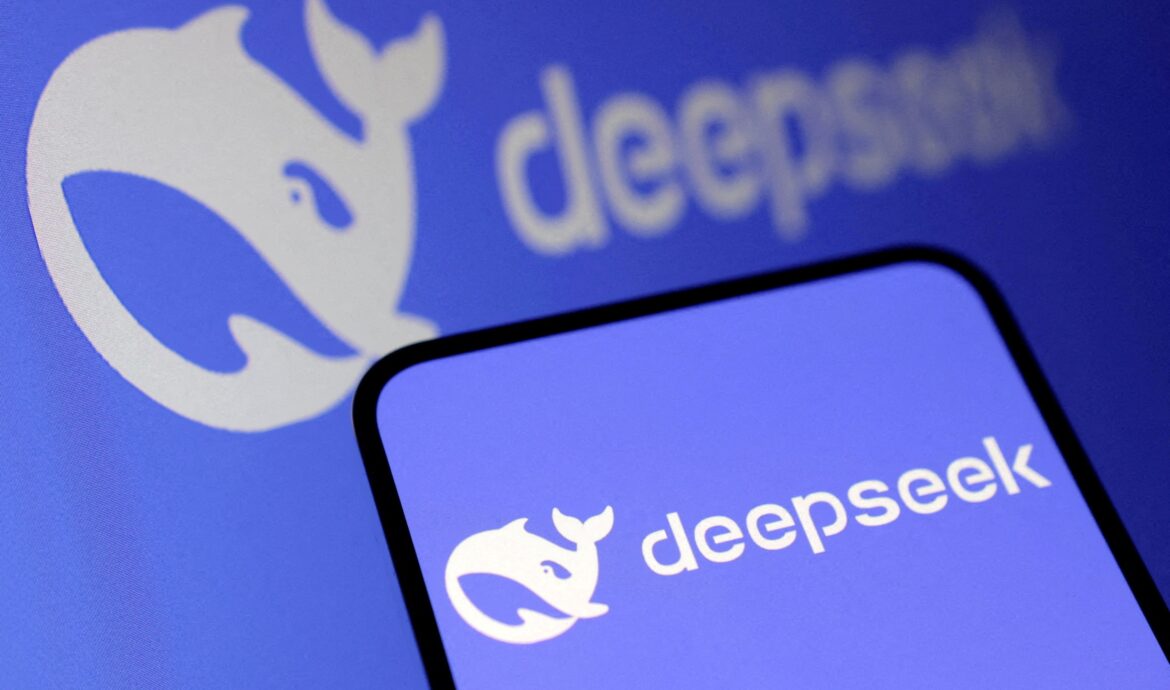
(Source) On January 20, 2025, the Chinese chatbot DeepSeek launched on the Apple and Android app stores, offering capabilities rivaling U.S. AI giants at a fraction of the development cost. Within a day, the S&P 500 slipped by over 1.2%, and Nvidia lost over $590 billion in market share. Within a week, downloads of

(Source) The Rise of Paid Family Leave Paid family leave (PFL) refers to policies that give eligible workers partially or fully compensated time away from work for qualifying reasons, such as bonding with a new child or caring for a close family member with a serious health condition. Importantly, the United States currently has

(Source) New York City’s subway system has long been a lifeline for millions of residents and visitors. However, recent violent incidents have raised serious concerns about safety on the MTA. Over the holiday season, a 57-year-old woman was tragically burned to death while sleeping on the train, and on New Year’s Eve, a man
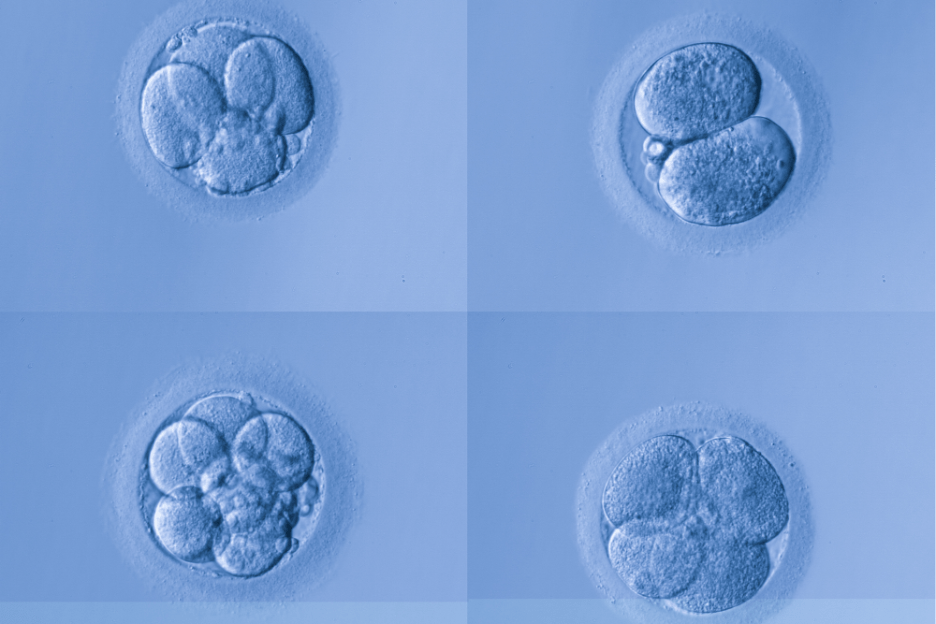
(Source) Since the beginning of President Trump’s second term, the federal government has quickly implemented the goals outlined in Project 2025, a far-right initiative published by the Heritage Foundation and supported by republicans. One of these goals is to create a federally recognized “fetal personhood,” a once-fringe pro-life legal theory that has gained traction

(Source: Alexandra “Lexie” Kapilian) The rise of generative artificial intelligence (AI) poses an increasing threat to actors, singers, comedians, and other performers who make their living from their voice. Generative AI trains on large amounts of data and can quickly generate content, including voice imitations, based on the information it is fed. AI can produce
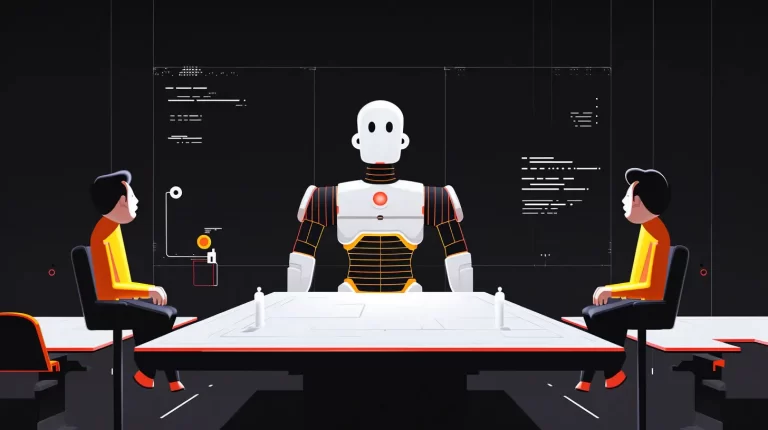
(Source) The Problem of Court Congestion Many state and federal courts across the country are experiencing congestion and backlog. In 2023, over three-quarters of judges and court professionals reported delays in hearings. Even in the post-pandemic era with virtual court proceedings, online jury selection, and court data dashboards, courts still encounter severe difficulties in
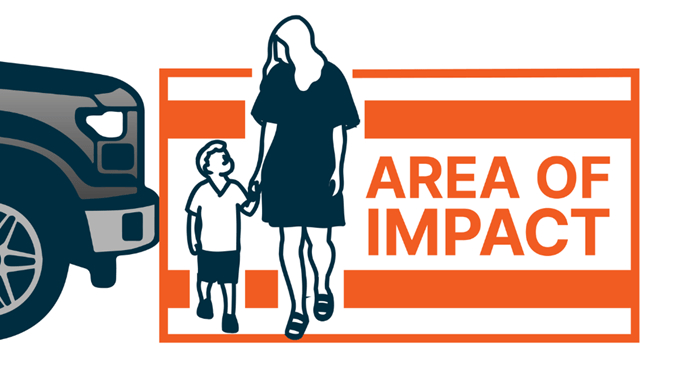
(Source) Over the past two decades, SUVs and light trucks have become the dominant choice among American consumers in the vehicle market. Classified as “light trucks” under standards set by the National Highway Traffic Safety Administration (NHTSA), these vehicles have been heavily marketed for their safety and utility, contributing to their overwhelming presence as